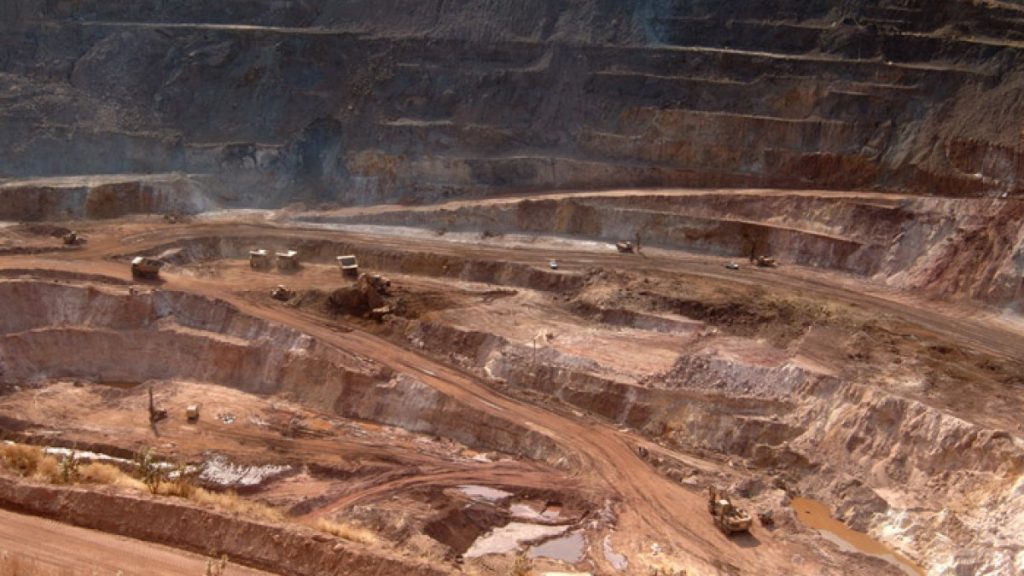The detention of three Resolute Mining executives by the Malian government, and the subsequent demand for payment of $160 million in owed taxes, sparked a flurry of sensationalized reporting in foreign media. These outlets portrayed the arrests as unexpected and described the executives as being “held in captivity,” echoing neocolonial narratives that undermine the legitimacy of African sovereignty. This incident highlights the ongoing struggle against neocolonial resource capture, a pervasive issue that continues to impede the economic development of many African nations. Mali’s assertive stance, while demonized by some, signals a growing trend of African countries challenging exploitative contracts and demanding a fairer share of the profits generated from their natural resources. This nascent movement has the potential to embolden other countries to confront multinational corporations that have historically benefited disproportionately from Africa’s resource wealth.
Mali, a major gold producer, presents a stark paradox: despite its abundant mineral resources, a significant portion of its population lives in poverty, with limited access to essential services like education, sanitation, and electricity. The country grapples with the compounding challenges of drought, climate change, and malnutrition. While gold constitutes the bulk of Mali’s exports, the economic benefits derived from this valuable resource fail to trickle down to the Malian people. This disparity is largely attributed to decades of exploitative practices by foreign mining companies, which have extracted vast wealth while contributing minimally to the host nation’s development. Reports indicate substantial losses to illicit financial flows and corporate tax avoidance, further exacerbating the economic injustice faced by Mali.
The current situation in Mali is a direct consequence of its colonial past. During decades of French rule, resource extraction practices were designed to fuel French industries, with little regard for local development. Gold, a key resource, was systematically plundered. Following independence, this extractive model persisted, with foreign companies, primarily Western, assuming the role of the former colonial power. These companies continued to reap enormous profits from Malian gold, paying minimal royalties and taxes. The recent dispute with Resolute Mining, therefore, represents a turning point in Mali’s efforts to reform its mining sector, renegotiate unfair contracts, and reclaim a greater share of its resource wealth.
Mali’s pursuit of economic justice extends beyond the Resolute Mining case. The government has also demanded substantial tax payments from Canadian mining giant Barrick Gold, accusing it of owing $500 million in unpaid taxes, and has even issued an arrest warrant for its CEO. These assertive actions, however, have been met with criticism from Western narratives, often dismissed as disruptive or authoritarian. Such framing conveniently overlooks the moral imperative for Mali to secure greater benefits from its resources and improve the living conditions of its citizens. The intervention of the UK and Australian governments on behalf of Resolute Mining, lobbying for the release of the detained executives, underscores the prioritization of corporate interests over the enforcement of local laws. This type of diplomatic pressure reinforces a narrative of African governance as illegitimate and echoes colonial-era practices where foreign economic interests superseded domestic needs.
Despite facing external pressure and biased media coverage, the Malian government successfully compelled Resolute Mining to pay its dues and secured a revised mining agreement that grants Mali a larger share of the revenues. This victory is not an isolated incident. Across Africa, there is a growing movement of nations renegotiating unfair agreements with foreign corporations and governments. Senegal is actively renegotiating contracts in its mining, oil, and gas sectors, while Niger has taken control of a uranium mine previously operated by a French conglomerate. Burkina Faso has also signaled its intent to revoke certain gold mining licenses held by foreign companies. These collective actions reflect a broader push for African nations to reclaim control over their resources, governance, and ultimately, their destinies.
Mali’s confrontation with foreign mining companies serves as a potent example of the urgent need for African nations to assert their sovereignty and demand equitable treatment in resource extraction. While Western media may attempt to portray such actions as destabilizing, this narrative primarily serves to protect foreign interests and maintain the status quo. It is crucial for global audiences to recognize these efforts as legitimate steps towards economic justice and self-determination. African nations must stand in solidarity, supporting each other’s demands for fair resource management and challenging neocolonial practices. The fight for a just and prosperous future for African nations transcends national borders; it is a collective struggle for dignity and self-determination across the continent.

